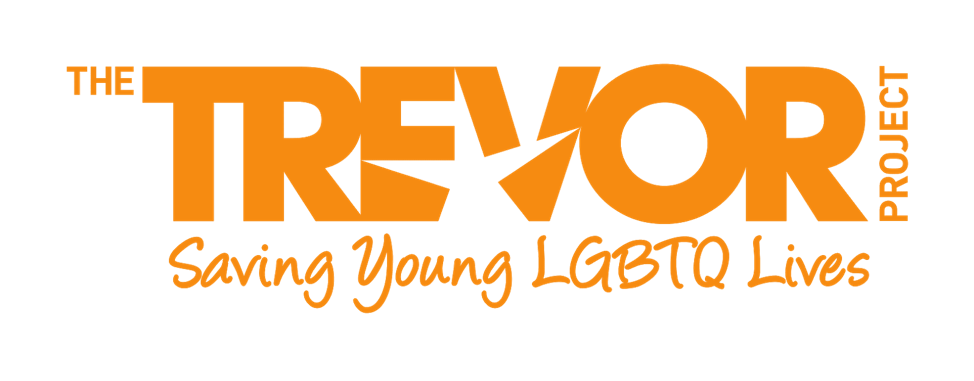Welcome to our Mood-E Blog

Written by, Barbara Wormington
Barbara is currently working under Kayce Bragg, LPC, and she will soon be working towards obtaining her professional licensure in the state of Minnesota.
Barbara Wormington MEd, MS, BS is a counseling intern under supervision of Kayce Bragg. She was a public school educator for fifteen years in Missouri and currently resides in Minnesota. She is a divorced mom of a twelve year old queer kiddo who through lots of love and support is thriving. Barbara loves seeing clients of all ages, but especially kids between the ages of 9-18. In her free time she loves being outside with her rescue pup, Norah.
Supporting Your LGBTQIa+ Teen

Did you know that queer teenagers are more than four times as likely to die by suicide than their peers?
Suicide is the second leading cause of death among young people aged 10 to 24 (Hedegaard, Curtin, & Warner, 2018) — and lesbian, gay, bisexual, transgender, queer, and questioning (LGBTQIA+) youth are at significantly increased risk.
Having a supportive family system is extremely important in every child’s life, but especially those who identify as part of the LGBTQIA+ community. Mental health supports and understanding what your child needs are two important pieces in making sure they lead healthy lives.
Gender and sexuality look completely different now than they did in the early 2000s or 90s. Sexuality and gender are a spectrum and it can seem like the terminology, resources, and acceptance in our country are always changing. For cisgender, heteronormative parents understanding your queer child might seem overwhelming.
Research shows the best thing you can do is be there.
Start a conversation and listen to what they have to say about what they are feeling and experiencing. Really listen. Ask questions, with respect to your child, but also with the understanding that it may be difficult for your child to come to you on their own with their emotions. Don’t push, but rather open up a dialogue where they are comfortable sharing their thoughts and feelings with you.
It is also important to listen with intent and to gain clarity because adolescents typically aren’t in the position to go get help on their own. They need your help to get help. Which means they need to be comfortable enough to come to you and talk to you. Teenagers have big emotions. This is a normal part of all adolescent development. But in order for parents to know when these big emotions turn into something more than just emotions, they have to encourage open conversation.
Help them feel supported by connecting them with others.
Even if you don’t understand what your teen is going through there are resources out there that do and can help. First and foremost make sure their mental health is being taken care of, speak with their primary care physician about mental health and seek out a mental health counselor if needed.
Connect them with social groups that foster relationships and support.
There are many queer groups and support systems for teens and kids out there. There might be alliances at your child’s school, community organizations, and even parent support groups.
Here are a few resources to consider:
Championing LGBTQ issues in K-12 education since 1990.
GLSEN works to ensure that LGBTQ students are able to learn and grow in a school environment free from bullying and harassment. Together we can transform our nation’s schools into the safe and affirming environment all youth deserve.
Hope for young LGBTQ lives starts here.
We believe LGBTQ young people deserve a welcoming, loving world. And we wake up every day dedicated to making that a reality.
Camp True Colors is a place designed just for LGBTQ+ youth, where you can have fun and enjoy summer camp activities in a welcoming environment, while building community with peers and adults with similar shared experiences.
In Conclusion:
Again, the best thing you can do as a parent is support your child. Adolescence brings so much growth and change to any teen, regardless of their sexual orientation or gender preference. Affirm who they are by listening, showing up for them, and validating their lived experience. Create a welcoming space for who they are choosing to be at that time and place and always make room for mental health concerns and resources if needed. Consider limiting screen time and connecting them with positive peers and queer role models. One strong accepting adult connection and role model in a child’s life prevents suicide risk by forty percent. You can be that for your child.
Sources:
Cipolla, C. (2019, July 20). Is My Teen Depressed? Www.Synergyetherapy.com. Retrieved July 2, 2023.
Hedegaard, H., Curtin, S.C., & Warner, M. (2018). Suicide mortality in the United States, 1999–2017. National Center for Health Statistics Data Brief, 330, Hyattsville, MD: National Center for Health Statistics.
Research. The Trevor Project. (2023, June 29). https://www.thetrevorproject.org/research/

If you, or know of someone who could use some online counseling to feel heard and learn ways to cope, please connect with one of our therapists today for a free consultation.
Follow Us!
MENTAL HEALTH SERVICES AT
SYNERGY ETHERAPY
As an online mental health counseling practice, our mission is to offer a variety of online therapy services to help you focus on your wellbeing. We take the stress out of getting the treatment you deserve. Synergy eTherapists provide flexible, convenient, and easy to use mental health services.
We offer online therapy in several states including Minnesota, Iowa, Wisconsin, South Carolina, Illinois, New York, New Jersey, Pennsylvania, Kansas, California, Florida, Colorado, and many other states. We add new states to this list regularly.
Our online therapists can treat anxiety, trauma, depression, substance abuse, maternal mental health concerns, grief and loss, and more.
Our therapists help teens, college students, adults, couples, and people with health conditions and chronic pain during online therapy. Additionally, we can offer psychiatric medication management in certain states.
Learn more FAQs about our online therapy group practice as well as the cost of online therapy.





